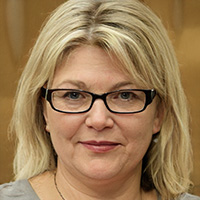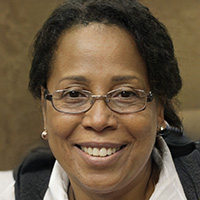Table of contents
Memory loss in older adults. More than 40% of people over 60 suffer from memory failure. Therefore, one of the main concerns during aging is memory loss.
This loss does not affect uniformly all types of memory, but some suffer it more than others.
Among the types of memory loss in older adults we can distinguish three:
Semantic memory: This is formed by language, concepts and repetitive actions associated with them.
Procedural memory: The memory of skills. It is the one that allows us, for example, to drive or cook.
Episodic memory: This refers to the autobiographical memories we have. That is, from the first event of which we have our own record to the last action that has happened to us or that we have just carried out.
During old age, while semantic and procedural memory remain almost intact, episodic memory suffers a progressive deterioration (especially in the events closest to the present, where experiences from the distant past are more easily remembered).
Thus, in older people, loss of short-term memory and disorientation is more frequent than forgetting about episodes from childhood or adolescence.
In the following lines we will talk about the causes, how to know when we are facing a medical problem and how to prevent it.
Causes of memory loss in older adults
Memory loss can be caused by a variety of things:
Stress, anxiety or other emotional problems
A situation of great stress or an event that has an emotional impact can cause some forgetfulness. For example, the unexpected death of a family member can cause such great sadness that the person may suffer memory loss. The affected person focuses so much on the distressing event that he or she puts all his or her attention on it and ends up remembering what is uniquely related to it.
Therefore, we must be especially attentive to the emotional changes and news that our family member receives, because these can not only generate discouragement, but also a sudden loss of memory.
Depression
People with depression experience more memory problems.
This disease affects the neurocircuits and these affect the memory. In fact, the hippocampus (the most important part in forming new memories) is smaller in people with depression. And, among the groups most vulnerable to suffering it, are older adults.
Age and Aging
Growing old and losing your memory do not necessarily go hand in hand.
Aging can be of three types:
Normal aging: As we age, we experience physiological changes that lead to memory loss. The body begins to make fewer chemicals than our brain cells need to function, and therefore we begin to lose these types of cells. While in some areas there will be more memory lapses, in other areas memory will even improve (e.g., one’s vocabulary or recall of childhood episodes).
Pathological aging: The changes are produced as a consequence of diseases typical of old age. Among them, Alzheimer’s is the most common type of dementia that leads to problems of more serious cognitive loss.
On the other hand, other pathologies such as brain tumors or ictus will also cause a notable loss of memory.
Optimal aging: older adults who live this type of aging do not suffer from forgetfulness or cognitive failure. This stage is enjoyed in an autonomous way, developing, with the help of the family or the caregiver, an active aging. Thanks to this, our family member keeps his or her mental capacities intact.
Poor nutrition: Poor eating habits can lead to a decrease in learning and retention capacity. The consumption of foods high in fat or sugars causes the inflammation of the hippocampus. Thus, the abuse of sugary drinks or junk food will cause not only obesity and the problems that derive from it, but also memory failures.
Similarly, harmful products such as alcohol or drugs (including tobacco) affect mnemonic abilities.
Medication
The side effects of certain drugs can cause memory loss. Some of these drugs are anti-anxiety drugs, statins (cholesterol-lowering drugs), anticonvulsants, antidepressants, painkillers, drugs to treat Parkinson’s, antihistamines, or sleeping pills.
Loss of socialization and loneliness:
Losing contact with the world around them and with the people who are part of it causes, in a direct way, a rapid loss of physical and psychological faculties. Our family member begins to feel a lack of interest that leads him to an absolute neglect that makes him abandon himself completely, so that, little by little, he will stop paying attention to what is happening and, after that, he will forget it.
Types of memory loss
Transient memory loss: This is a reversible alteration, as it is temporary. It is usually caused by health problems or traumatic events.
Permanent memory loss: It is caused by neurodegenerative diseases and, unlike the previous one, it is irreversible. Although there is no cure, we can prevent its rapid development and improve the quality of life of people who suffer from it through specialized medical treatment and permanent care at home.
When should I worry about memory loss?
These may be some signs that alert us to a memory problem that is greater than simple habitual forgetfulness:
Repetition of the same stories or anecdotes within the same conversation.
Difficulty performing daily routines, such as turning on the television.
Inability to remember what you ate that day or if you took your medication.
Loss of sense of time and space. For example, getting lost in the supermarket or having difficulty remembering the way home.
Inability to follow directions.
Placing objects in unusual places.
Difficulty making decisions.
Complications in learning new skills or concepts.
The importance of a memory loss diagnosis
The existence of the above signs may be indicative of a neurodegenerative disease.
The early detection of this is crucial to stop the progression of the disease, so it is very important that we do not wait for these signs to go further.
If the disease is confirmed, our family member will be able to start treatment as soon as possible to alleviate the symptoms of the disease and thus avoid a rapid deterioration of cognitive abilities.
Preventing memory loss
Maintaining good brain health is the tool to prevent memory loss. In order to enjoy this health, we only need to pay attention to these 7 pillars:
Integral health. The main element that we must control in our routine is stress. We must reduce it in the most complicated moments and most of the time eliminate it.
Nutrition. We are lucky to have at our disposal the healthiest diet: the Mediterranean one. Foods like salmon, nuts or dark chocolate help our body to fight against memory loss.
Sleep. A good quality of sleep prevents brain atrophy and allows us to maintain all the faculties and cognitive capacities at full capacity.
Physical exercise. Studies have linked physical exercise to better brain function. Walking, for example, is a very beneficial activity.
Cognitive training. Along with physical exercise, it highlights the importance of another one: mental exercise. The mental games make the brain work and they manage to delay their aging.
Socialization. The participation in the society (and in the own family) is vital. We are social beings by nature and we need to create affective bonds with the people around us. Moreover, social activity involves the activation of mental processes, which keeps the brain continuously active.
Plan of life. Old age does not mean end. Our family must see this as a new stage in which, as in all previous stages, goals and objectives must be formulated.
Care of older adults who suffer from memory loss
Caring for older adults caregiver
Empathy
We must show our family member that we are aware of the situation he or she is living and what he or she wants to convey to us at every moment. To do this, patience and perseverance in our daily dedication to him will be the best ally so that he does not feel frustrated, but attended to and understood.
Time
The greatest gift we can give you is our time. Sitting down to ask him how he feels, what he needs or simply discovering it through long and loving talks is the most effective tool to discover his fears and show him that he has a family whose most important possession is himself.
Permanent care
With the advance of memory loss, our family member will need permanent and stable attention. In these circumstances, the type of care becomes crucial to the quality of life of our family member and the family as a whole.
Professional caregivers work to achieve this. Through her physical and psychological assistance and through her experience in this type of scenario, our family member will feel safe and protected. And, with them, the family as a whole. We hope that this guide to memory loss in older adults from Nomenial has been useful.







